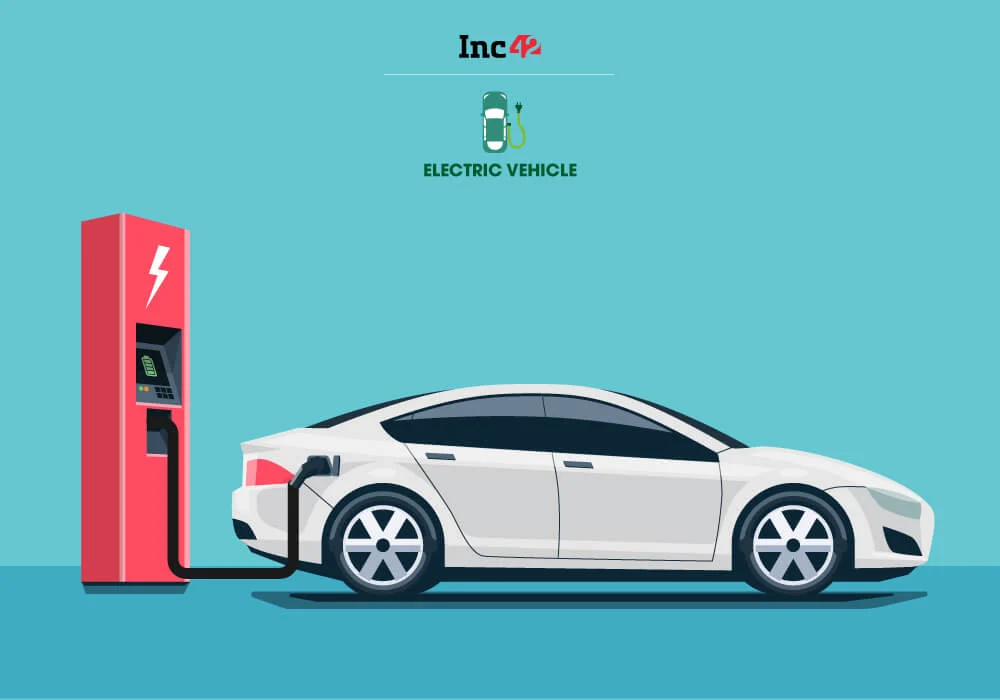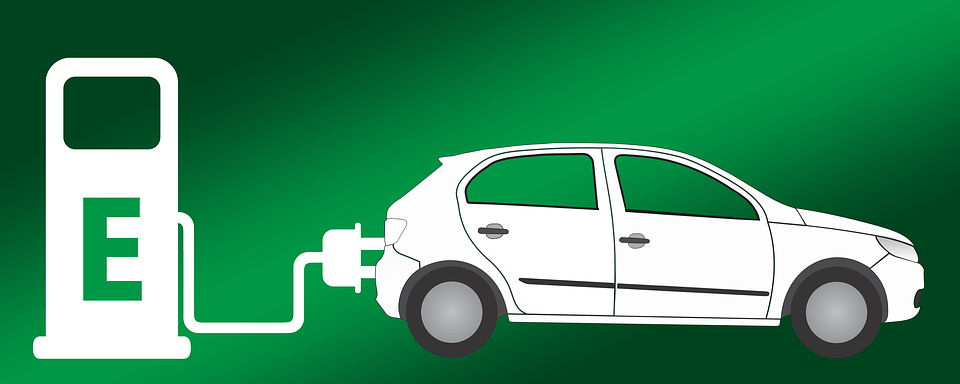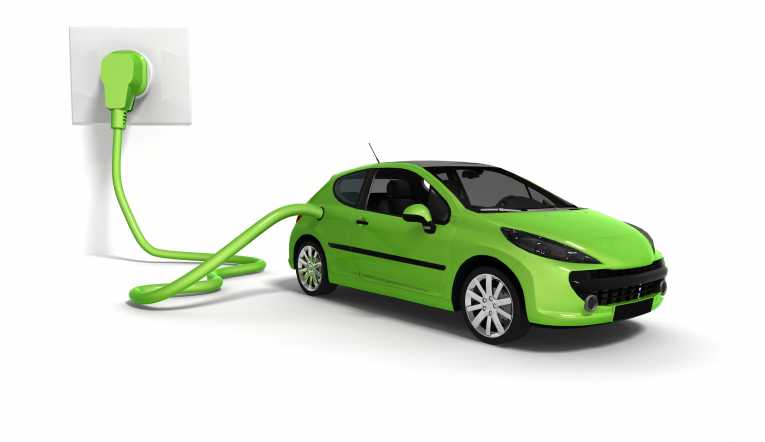Electric vehicles (EVs) are gaining popularity in India due to their environmental benefits and cost-effectiveness. The Indian government has been promoting EVs through various initiatives and incentives such as the Faster Adoption and Manufacturing of (Hybrid &) Electric Vehicles in India (FAME India) scheme, which aims to provide financial assistance to consumers and manufacturers of EVs.
Despite the government’s efforts, the adoption of EVs in India is still relatively low due to several challenges. One of the primary challenges is the lack of charging infrastructure, which makes it difficult for people to recharge their EVs on long journeys. Moreover, EVs are still relatively expensive compared to their gasoline-powered counterparts.
However, several companies in India have started producing EVs, including Mahindra & Mahindra, Tata Motors, and Hero Electric. In addition, several international companies such as Tesla and Hyundai have also entered the Indian market.
In conclusion, while EVs are gaining popularity in India, there are still several challenges to their widespread adoption. Nevertheless, with the Indian government’s continued support and the entry of major international players into the market, it is likely that EVs will become more popular and affordable in the coming years.






